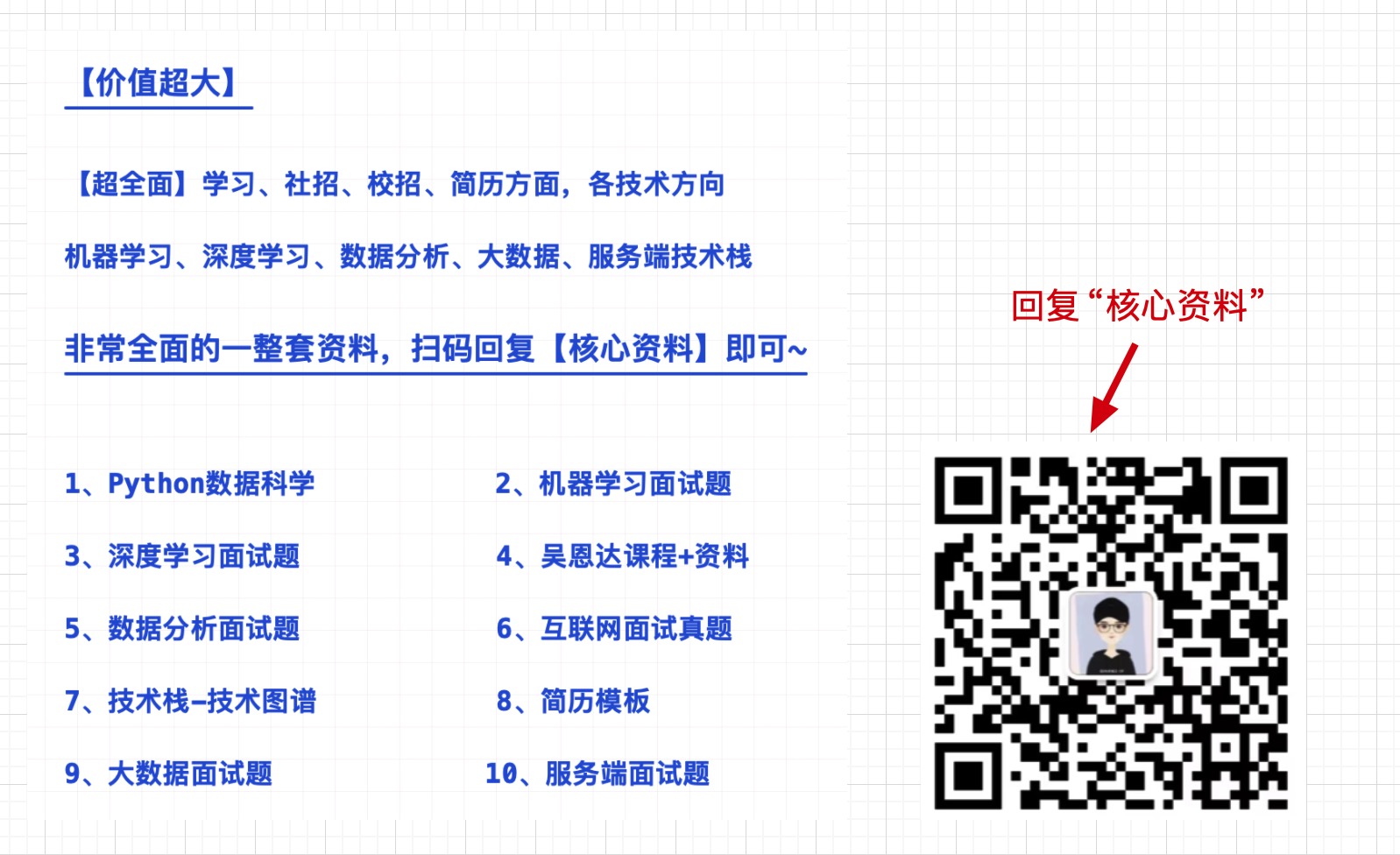总结一下java8中的新特性 lambda表达式
Lambda是一个匿名函数,可以理解为一段可以传递的代码(将代码像数据一样传递);可以写出更简洁、更灵活的代码;作为一种更紧凑的代码风格,是Java语言表达能力得到提升。
有一个需求: 获取公司中年龄小于 35 的员工信息、 获取公司中工资大于 5000 的员工信息
public class Employee {
private int id;
private String name;
private int age;
private double salary;
// get/set/constructor...
}
List emps = Arrays.asList(
new Employee(101, "张三", 18, 9999.99),
new Employee(102, "李四", 59, 6666.66),
new Employee(103, "王五", 28, 3333.33),
new Employee(104, "赵六", 8, 7777.77),
new Employee(105, "田七", 38, 5555.55)
);
该需求最直接的实现方式,遍历筛选符合条件的员工
// 获取小于 35 的员工信息
public List filterEmployeeAge(List emps){
List list = new ArrayList<>();
for (Employee emp : emps) {
if(emp.getAge() filterEmployeeSalary(List emps){
List list = new ArrayList<>();
for (Employee emp : emps) {
if(emp.getSalary() >= 5000){
list.add(emp);
}
}
return list;
}
如果又增加一种筛选条件,岂不是又要增加一个方法,且很多代码都是重复的,我们来进行优化
优化方式一:策略模式改造
// 抽象接口
public interface MyPredicate {
public boolean test(T t);
}
// 按年龄筛选策略类
public class FilterEmployeeForAge implements MyPredicate{
@Override
public boolean test(Employee t) {
return t.getAge() {
@Override
public boolean test(Employee t) {
return t.getSalary() >= 5000;
}
}
//优化方式一:策略设计模式
@Test
public void test4(){
List list = filterEmployee(emps, new FilterEmployeeForAge());
// 获取小于 35 的员工信息
for (Employee employee : list) {
System.out.println(employee);
}
System.out.println("------------------------------------------");
// 获取工资大于5000的员工信息
List list2 = filterEmployee(emps, new FilterEmployeeForSalary());
for (Employee employee : list2) {
System.out.println(employee);
}
}
public List filterEmployee(List emps, MyPredicate mp){
List list = new ArrayList<>();
for (Employee employee : emps) {
if(mp.test(employee)){
list.add(employee);
}
}
return list;
}
优化方式二:匿名内部类
//优化方式二:匿名内部类
@Test
public void test5(){
List list = filterEmployee(emps, new MyPredicate() {
@Override
public boolean test(Employee t) {
return t.getId()
优化方式三:Lambda 表达式
//优化方式三:Lambda 表达式
@Test
public void test6(){
List list = filterEmployee(emps, (e) -> e.getAge() list2 = filterEmployee(emps, (e) -> e.getSalary() >= 5000);
list2.forEach(System.out::println);
}
优化方式四:Stream API
Stream API也是java8的新特性,为了保持这个例子的完整性,我也还是放在了这里,可以跳过,在了解完 Stream API可以再回来看这个简单例子
@Test
public void test7(){
emps.stream()
.filter((e) -> e.getAge()
从上面的演变过程如下:
垃圾代码 --> 策略模式 --> 匿名内部类 --> Lambda表达式 --> Stream API
可以看出,lambda没有一句废话,直奔主题(我们的筛选条件),为我们减少了很多工作量
那么lambda语法如何使用呢?
// 1.无参数,无返回值
@Test
public void test01(){
Runnable runnable = () -> {
System.out.println("Hello Lambda");
};
}
// 2.有一个参数,无返回值
@Test
public void test02(){
Consumer consumer = (a) -> System.out.println(a);
consumer.accept("我觉得还行!");
}
// 3.有一个参数,无返回值 (小括号可以省略不写)
@Test
public void test03(){
Consumer consumer = a -> System.out.println(a);
consumer.accept("我觉得还行!");
}
// 4。有两个及以上的参数,有返回值,并且 Lambda 体中有多条语句
@Test
public void test04(){
Comparator comparator = (a, b) -> {
System.out.println("比较接口");
return Integer.compare(a, b);
};
}
// 5.有两个及以上的参数,有返回值,并且 Lambda 体中只有1条语句 (大括号 与 return 都可以省略不写)
@Test
public void test05(){
Comparator comparator = (a, b) -> Integer.compare(a, b);
}
Lambda 表达式的参数列表的数据类型可以省略不写,因为JVM编译器通过上下文推断出,数据类型,即”类型推断”: (Integer a, Integer b) -> Integer.compare(a, b);
函数式接口(Functional Interface)就是一个有且仅有一个抽象方法,但是可以有多个非抽象方法的接口。
函数式接口可以被隐式转换为 lambda 表达式。
MyFun接口是一个函数式接口,它接受一个输入Integer参数 num,返回一个Integer结果。
使用@FunctionalInterface将这个接口定义为函数式接口
// 增加@FunctionalInterface注解
@FunctionalInterface
public interface MyFun {
public Integer getValue(Integer num);
}
需求:对一个数进行运算
//需求:对一个数进行运算
@Test
public void test6(){
Integer num = operation(100, (x) -> x * x);
System.out.println(num);
System.out.println(operation(200, (y) -> y + 200));
}
public Integer operation(Integer num, MyFun mf){
return mf.getValue(num);
}
Original: https://www.cnblogs.com/mrxccc/p/16504727.html
Author: 狮子挽歌丿
Title: Java8新特性-Lambda表达式
原创文章受到原创版权保护。转载请注明出处:https://www.johngo689.com/588666/
转载文章受原作者版权保护。转载请注明原作者出处!

